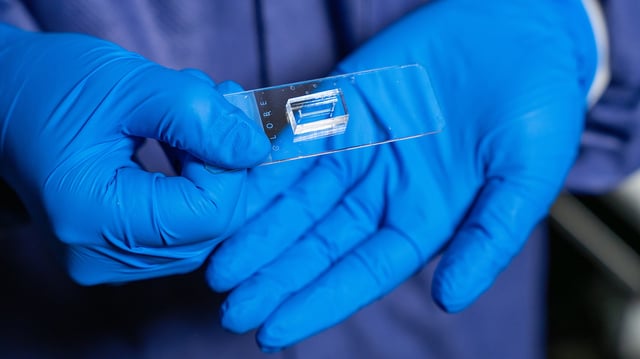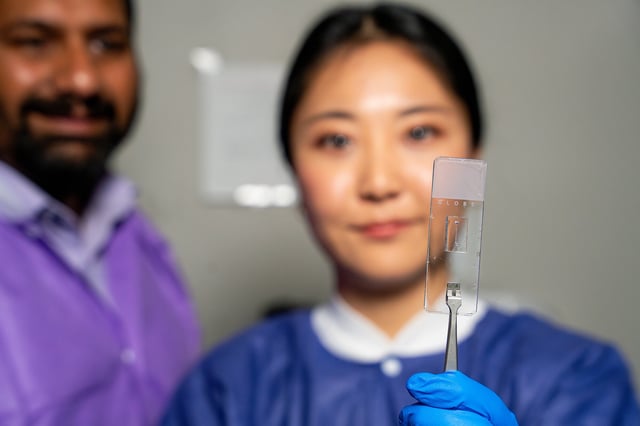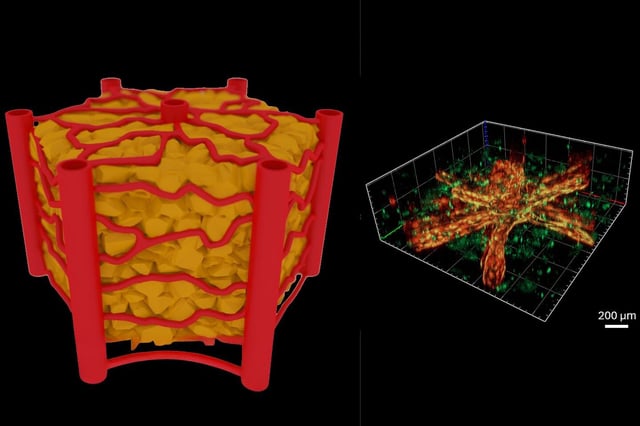Overview
- Researchers at Texas A&M engineered customizable vessel-chips that replicate aneurysms, stenosis and branching to study blood flow and vascular disease mechanisms with human endothelial cells.
- TU Wien researchers applied ultrashort femtosecond laser pulses to pattern precise, reproducible microvascular networks in hydrogels that maintain perfusion and structural integrity under cell remodeling.
- Artificial vessels on these chips respond to inflammatory signals by increasing permeability, closely mimicking natural endothelial behavior.
- In collaboration with Keio University, teams vascularized liver lobule models on the platforms, replicating central vein and sinusoid architecture to enhance metabolic activity.
- These organ-on-a-chip advancements pave the way for integrating personalized, non-animal microphysiological models into preclinical drug screening pipelines.


